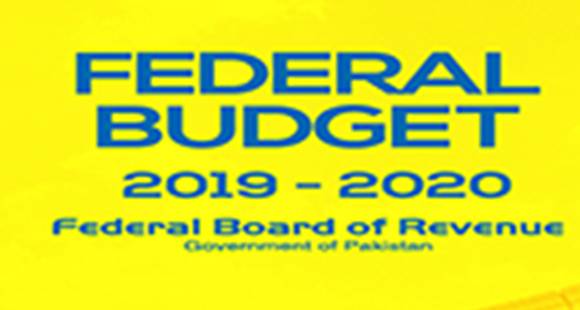KARACHI: Customs Intelligence and Investigation has announced auction of confiscated vehicles to be held on June 19, 2019 at State Warehouse of the Directorate of Intelligence and Investigation, Karachi.
According to details made available to PkRevenue.com following vehicles will be presented for auction on June 19, 2019.
Auction of Left over lots (Rejected lots )and fresh lots will be held on 19th June, 2019.
1. Toyota Crown Car, Reg no AA-7095, Model 1995.
2. BMW Car, Reg no QZ-318, Model 2000.
3. Mercedes Benz Car(E-500), Reg no AC-3077, Model 2002.
4. Honda Inspire Car, Reg no GS-4012, Model 2003.
5. Toyota Crown Car, Reg no AAJ-191, Model 2002.
6. Mercedes Benz car, Reg no AAJ-106, Model 2001.
7. Toyota Land Cruiser Jeep, Reg no BRN-124689, Model 1990.
8. Toyota Premio Car, Reg no BFB-537, Model 2005.
9. Toyota Premio Car, Reg no LT-737, Model 2003.
10. Toyota Land Cruiser, Reg no JAF-935, Model 1994.
11. Toyota Land Cruiser, Reg no IDL-531, Model 1993.
12. Mercedes Benz Car(S-550), Reg no CZ-672, Model 2007.
13. BMW Car760Li, Reg no BCP-523, Model 2002.
14. Toyota Crown Car, Reg no BBL-439, Model 2004.
15. Honda Accord Car, Reg no AXY-881, Model 2003.
16. Toyota Surf Jeep, Reg no BD-0310, Model 2003.
17. Toyota Mark-X Car, Registration plate/Mark no AQJ-399, Model 2007.
18. Toyota Vitz Car, Reg no BFH-878, Model 2001.
19. Mercedes Benz Car, Reg no AYB-709, Model 2008.
20. BMW 530i Series Car, reg no LZG-105, Model 2004.
21. Toyota Prado Jeep, Reg no LXW-7155, Model 1996.
22. Toyota Premio Car, Reg no BDJ-715, Model 2002.
23. Toyota Lexus Car, Reg no BDJ-700, Model 2005.
24. BMW 320i Car, Un-Registered, Model 2003.
25. Toyota Vitz Car, Registration plate/mark AA-483, Model 2001.
26. Honda Civic Rebon Car, Registration plate/Mark YK-561, Model 2005.


